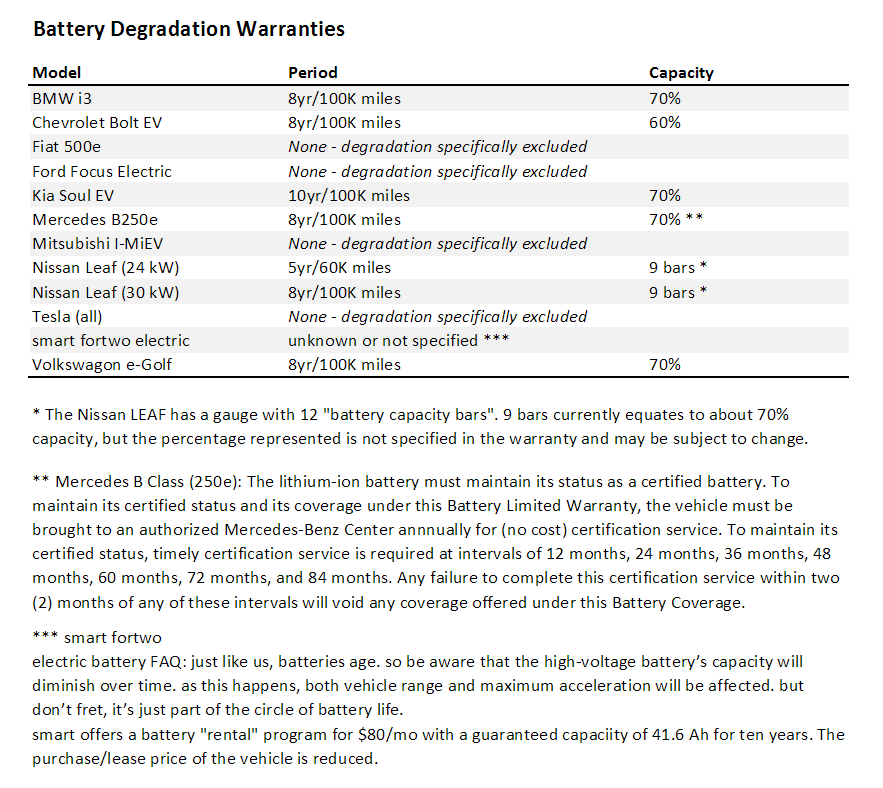I am considering purchasing an Outlander, I've had a test drive and liked it.
My 2 concerns are mpg and battery longevity.
I have a Toyota RAV4 diesel AWD and when at work was doing 30,000 + miles per year, now retired last year did 5000 miles.
1) On a long run the RAV4 does 60mpg, now my local journeys about 40.
I don't think a diesel is right for me anymore (concerned about clogging the DPF) so looking at petrol hybrid. RAV4 hybrid very poor economy and Kia Niro a bit small so thinking of the Outlander.
I think my driving profile should suit this car, 4 x 10m per wk, 1 x 20m per wk, several <5m per wk, 1 x 50m per wk (in summer), 4 x 60m per year so I would hope to get at least 50 mpg average with a light touch on the throttle? (keeping battery charged at home)
2) I fly electric model planes and some of my lithium polymer batteries have developed reduced capacity after a couple of years is anyone seeing this happen on the Outlander ?
Thanks
Chris
My 2 concerns are mpg and battery longevity.
I have a Toyota RAV4 diesel AWD and when at work was doing 30,000 + miles per year, now retired last year did 5000 miles.
1) On a long run the RAV4 does 60mpg, now my local journeys about 40.
I don't think a diesel is right for me anymore (concerned about clogging the DPF) so looking at petrol hybrid. RAV4 hybrid very poor economy and Kia Niro a bit small so thinking of the Outlander.
I think my driving profile should suit this car, 4 x 10m per wk, 1 x 20m per wk, several <5m per wk, 1 x 50m per wk (in summer), 4 x 60m per year so I would hope to get at least 50 mpg average with a light touch on the throttle? (keeping battery charged at home)
2) I fly electric model planes and some of my lithium polymer batteries have developed reduced capacity after a couple of years is anyone seeing this happen on the Outlander ?
Thanks
Chris




